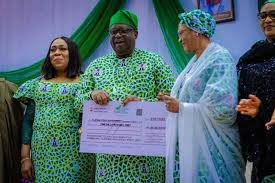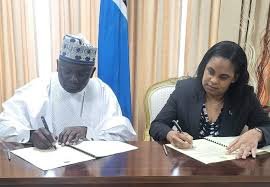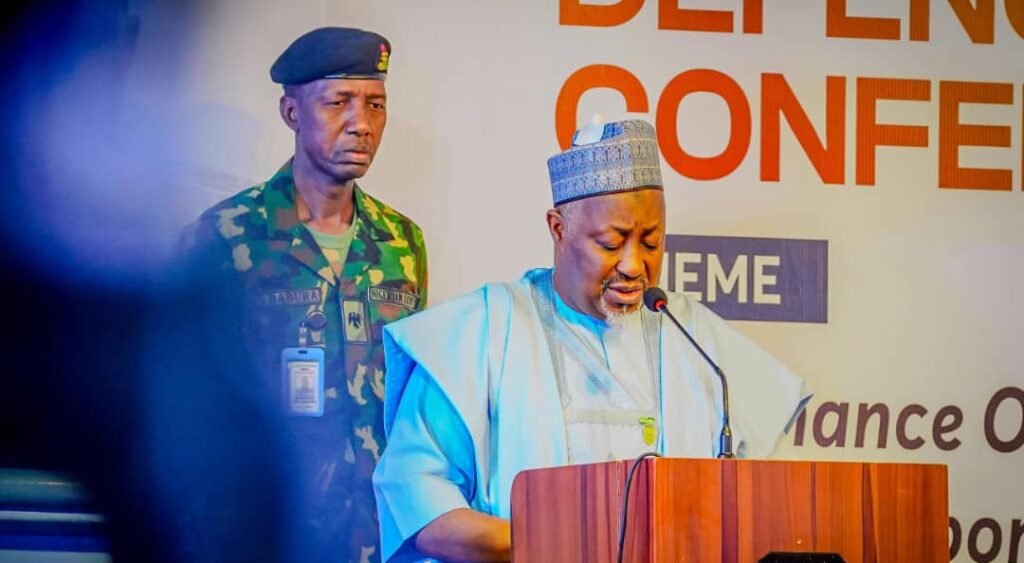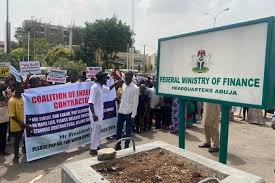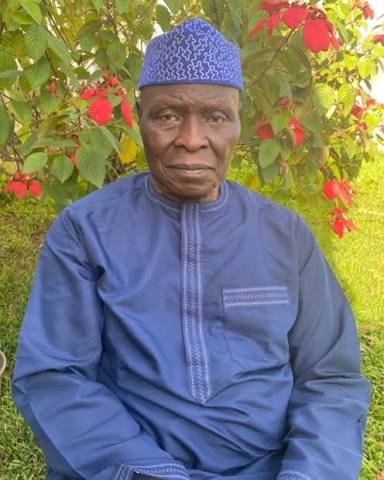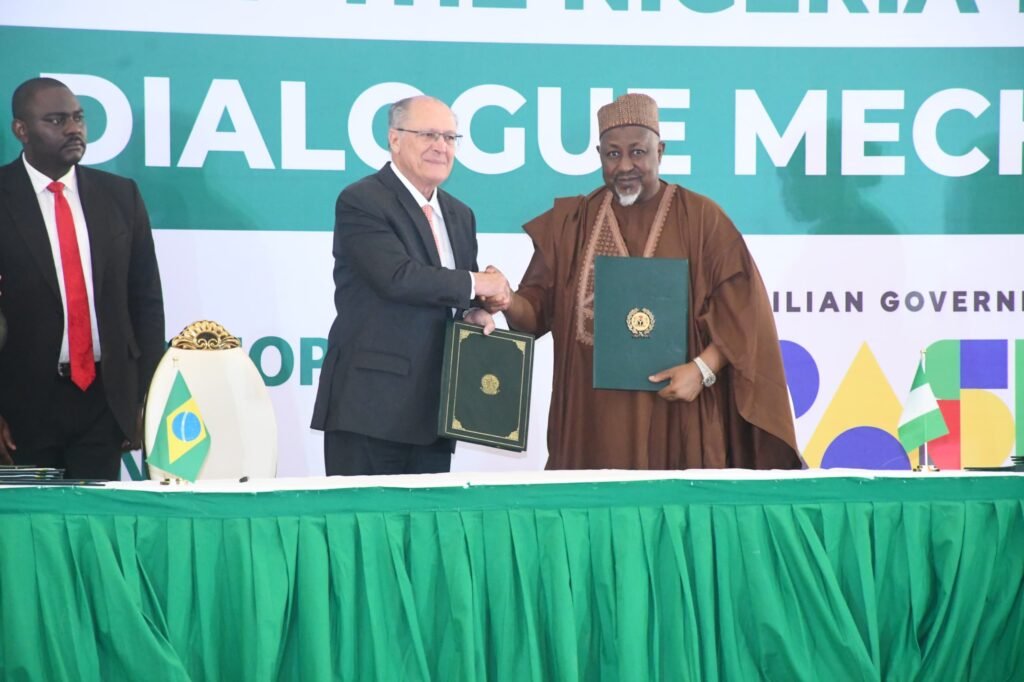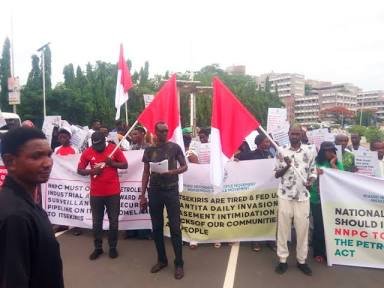NIGERIA TOPS GLOBAL LIST OF COUNTRIES WITH LARGEST ELECTRICITY ACCESS DEFICIT

Nigeria has retained its position as the country with the highest number of people without access to electricity, with a staggering 86.8 million individuals lacking access, according to the World Bank’s 2025 report titled “Tracking Sustainable Development Goal, SDG7: The energy progress report 2025”. This marks the third consecutive year Nigeria has topped the list of countries with the worst electricity access.

The report highlights that 61% of Nigerians had access to electricity in 2023, while only 26% had access to clean cooking energy. The World Bank notes that the 20 countries with the largest electricity access deficits account for 76% of the global total, with 18 of these countries located in Sub-Saharan Africa.

Nigeria, the Democratic Republic of Congo, and Ethiopia together account for roughly one-third of the global electricity access deficit, with 86.8 million, 79.6 million, and 56.4 million people lacking access, respectively. Countries with the lowest electricity access rates include South Sudan (5%), Chad (12%), and Burundi (12%), all of which have shown slow progress since 2010.
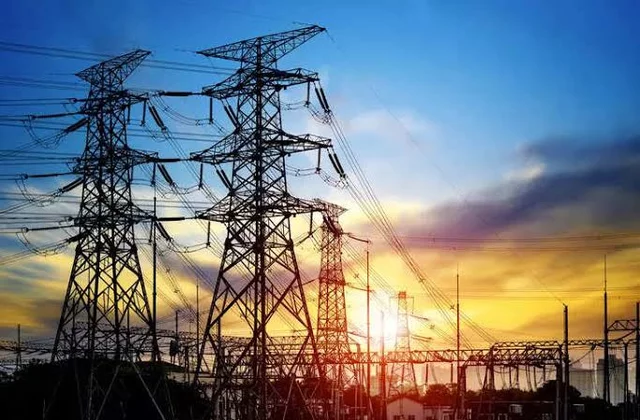
The World Bank report emphasizes that despite some gains in Sub-Saharan Africa, where 35 million people gained access to electricity in 2023, population growth over the same period was 30 million, resulting in a net reduction in the electricity access gap of only 5 million. The region now accounts for 85% of the global population without electricity, up from 50% in 2010.
“The greatest growth in access between 2020 and 2023 occurred in Central and Southern Asia, while the pace of progress in Sub-Saharan Africa calls for significant acceleration,” the report states. While 665 million people have gained access to electricity since 2010, and 21 countries have reached near-universal access, the International Energy Agency projects that 645 million will still lack access in 2030.





















